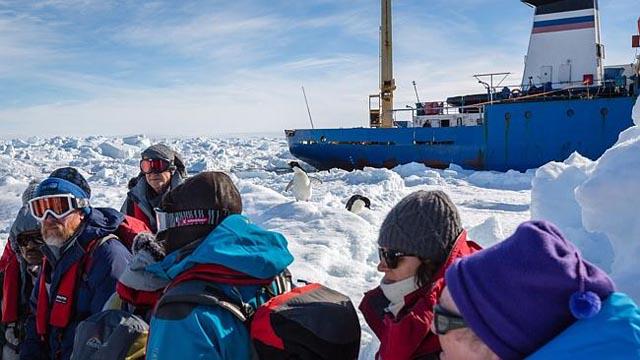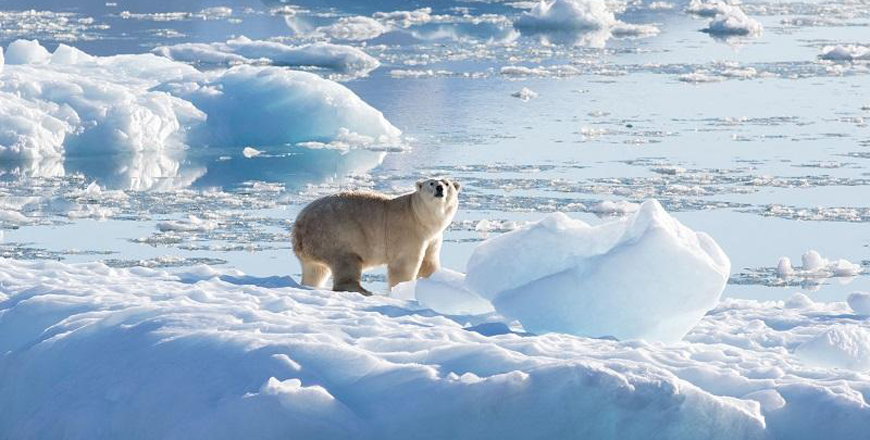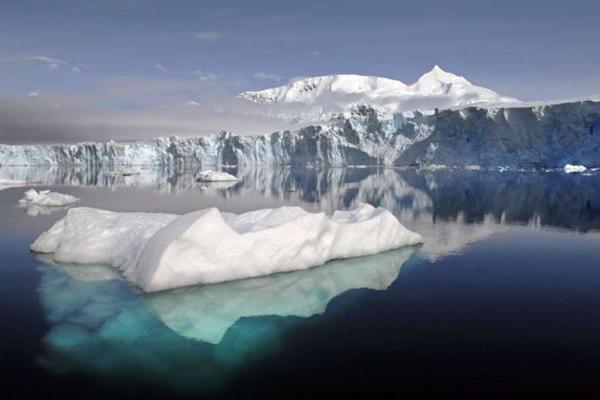You are here
Study predicts Antarctic ice melting will endure
By AFP - Feb 22,2014 - Last updated at Feb 22,2014

WASHINGTON – The melting of ice in the Antarctic is considered a top threat to global sea level rise, and scientists said Thursday the trend could continue for decades or even centuries to come.
Researchers focused on the Pine Island Glacier in Antarctica, which has been thinning at an increasingly rapid pace for about the past 20 years, as the waters beneath get warmer along with the rest of the ocean.
Based on new geological surveys and advanced dating techniques on rocks that have been exposed by the retreating ice, experts said in the journal Science that a similar phenomenon occurred thousands of years ago.
Some 8,000 years ago, the glacier thinned as fast as it has in recent decades, suggesting it may follow a similar pattern in the future, they reported.
“This thinning was sustained for decades to centuries at an average rate of more than 100 centimetres per year, comparable to contemporary thinning rates,” said the article in Science.
“Our findings reveal that Pine Island Glacier has experienced rapid thinning at least once in the past, and that, once set in motion, rapid ice sheet changes in this region can persist for centuries.”
The research team came from Britain, Germany and the United States.
Last month, scientists reported in the journal Nature Climate Change that the glacier was melting irreversibly and could add as much as a centimetre (0.4 inches) to ocean levels in 20 years.
A massive river of ice, the glacier by itself is responsible for 20 per cent of total ice loss from the West Antarctic Ice Sheet today.
On average, it shed 20 billion tonnes of ice annually from 1992-2011, a loss that is likely to increase up to and above 100 billion tonnes each year, said the Nature study.
Related Articles
PARIS — Part of Greenland's ice sheet is thinning further inland than previously believed, which will likely lead to greater sea level rise
PARIS — The last remaining Northern Greenland ice shelves bracing the region’s vast ice sheet have lost a third of their volume in the last
PARIS — A rapidly melting glacier atop East Antarctica is on track to lift oceans at least two metres, and could soon pass a “tipping point”



















